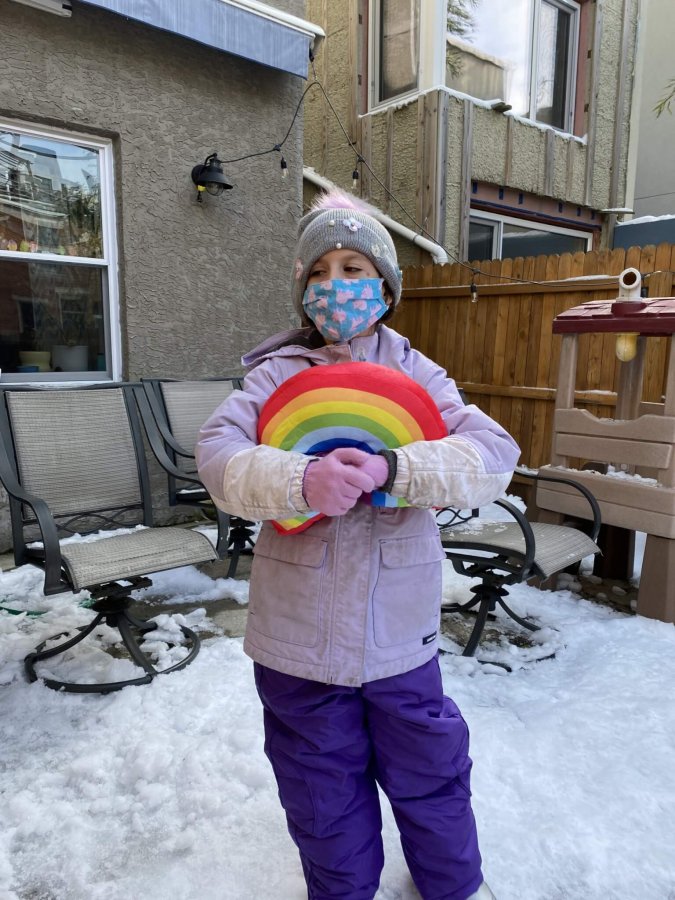
Things are getting complicated on our journey to understanding conflict and peace through stories of Yitzchak, Rivkah, Yaakov, and Eisav. Favoritism and unequal love are fueling some increasingly morally questionable decisions on the part of some of the characters. Are their choices justified? Let’s find out.
In our story from last week, Yitzchak is getting old and going blind. He worries he might die soon. Yitzchak instructs Eisav to go out hunting and prepare a meal for him so that Yitzchak can give Eisav a blessing before he dies. Rivkah overhears their conversation and instructs Yaakov in a tricky plan. She tells him to bring her two healthy baby goats for her to prepare for Yitzchak. Then she wants Yaakov to bring the meal to him in exchange for the blessing.
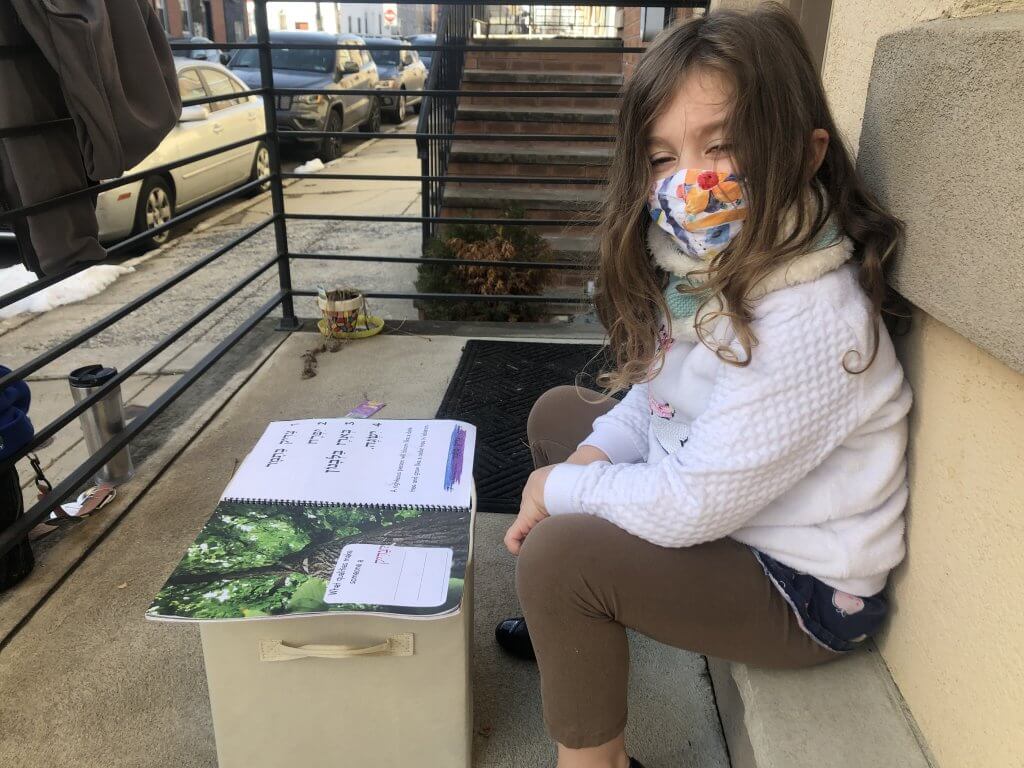
Here are some questions the Garinim (preK and K kiddos) had about this story, as well as the answers they came up with:
- Why is Rivkah listening?
- Maybe she’s trying to help Yaakov because she loves him the most.
- Maybe she already knows about the conversation and is just confirming what she knows.
- Maybe she knows already even though she doesn’t really want to.
- Why healthy baby goats?
- Probably because she wanted them to be tasty and unhealthy goats wouldn’t have been as good.
- Why does she decide to do a trick?
- Because she wants Yitzchak to favor Yaakov like she does, so she decides to trick him about which kid is bringing him food. She wants Yaakov to get the blessing instead of Eisav.
- How did Rivkah know to listen in to their conversation?
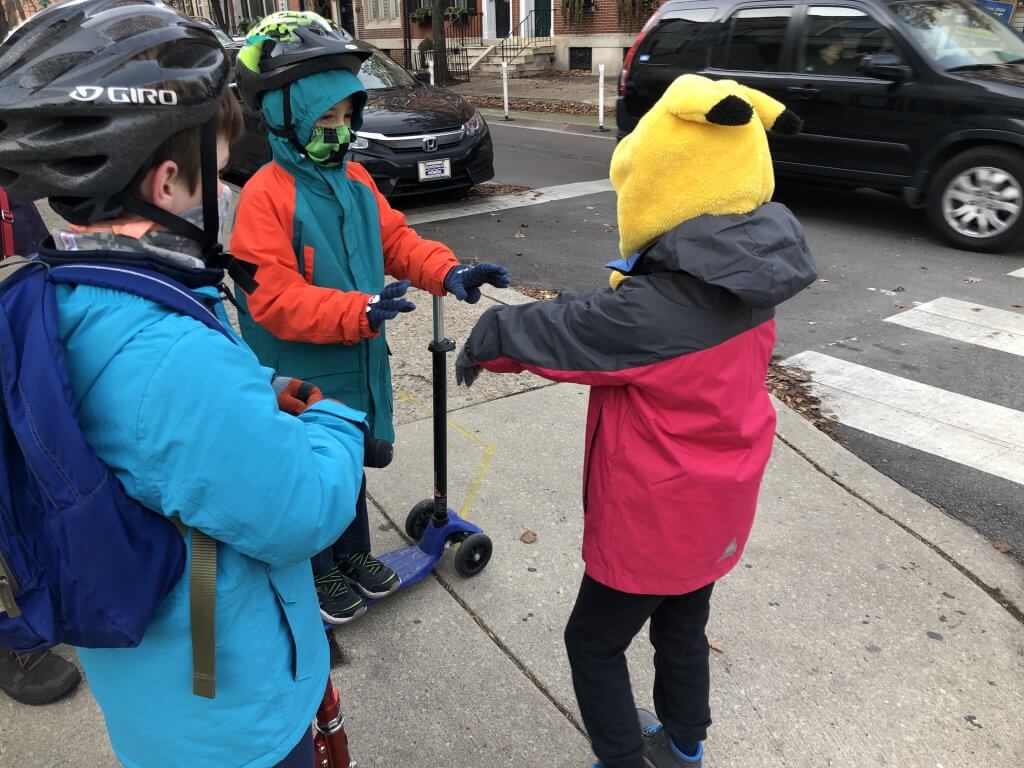
The Nitzanim (3rd and 4th graders) particularly focused on this part of the story: “When Yitzchak was old and his eyes were too dim to see, he called his older son Eisav and said to him, ‘My son.’ He answered, ‘Here I am’” (Genesis 27:1). It struck us as particularly problematic for Rivkah to have tricked not just anyone, but an old, disabled person. We imagined that Rivkah might have been doing this as a revenge plot. She really didn’t like Eisav or Yitzchak, so this was her way of getting back at them.

All of our learners had mixed opinions about whether or not Rivkah was making a good choice here:
- No – not a good trick. It’s going to cause confusion when the wrong person brings Yitzchak food.
- It would have been better for no one to be tricked and for Yaakov to get a different blessing.
- Yes – since she liked Yaakov better, she wanted him to get the blessing, and this was a good way to get that to happen.
- If it was a good choice to her, then it was set up as a good choice in the Torah.
- No – Yitzchack and Eisav will find out eventually and that will make it worse.
- No – you shouldn’t trick people.
- Rivkah was doing the right thing, God had told her this was going to happen so she’s just following God’s plan.
- Rivkah was only doing the right thing if it was in support of Yaakov, not against Eisav. It depends on her intentions.
- No, because she should love her sons equally.
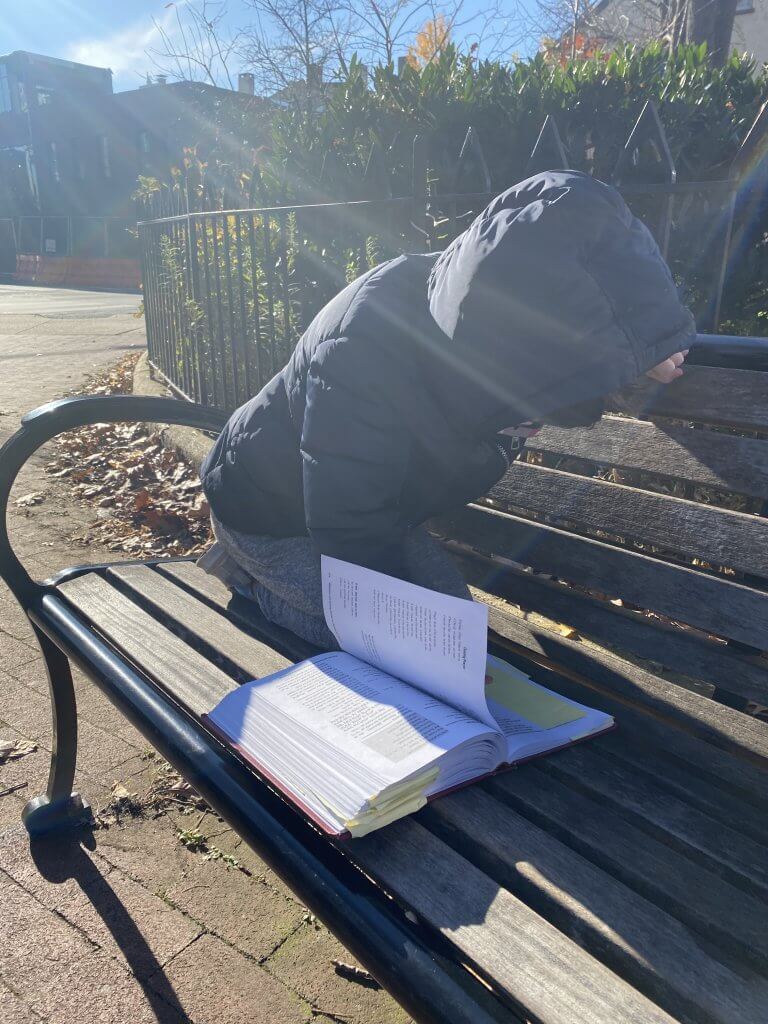
The Nitzanim also analyzed Yaakov’s choices in this situation. If Yaakov chooses to follow Rivkah’s instructions, will he be doing the right thing?
- No, he should know better than to hurt his brother like that.
- Yes, he would be listening to his mom which is one of the 10 Commandments.
- Yes, he has always grown up with conflict and wouldn’t know any better.
- No, he should respect both of his parents equally.

At several moments this school year, we’ve practiced standing up or speaking out when we see something wrong or unjust. If Rivkah thought that only Eisav was going to get a blessing and that this was unfair, do you think that Rivkah should have spoken up in this situation? The Garinim and Shorashim (1st and 2nd graders) imagined what Rivkah could have done instead.
- She should have just given Yaakov a blessing herself.
- Well if she gave the brachah, it wouldn’t be the same as Yitzchak doing it just before he died. That brachah was a special one.
- She should have told the truth to everyone – including that she was worried that Yaakov wouldn’t get a blessing.
- Rivkah could have just talked to Yitzchak.
- Why can’t Yitzchak bless both kids?
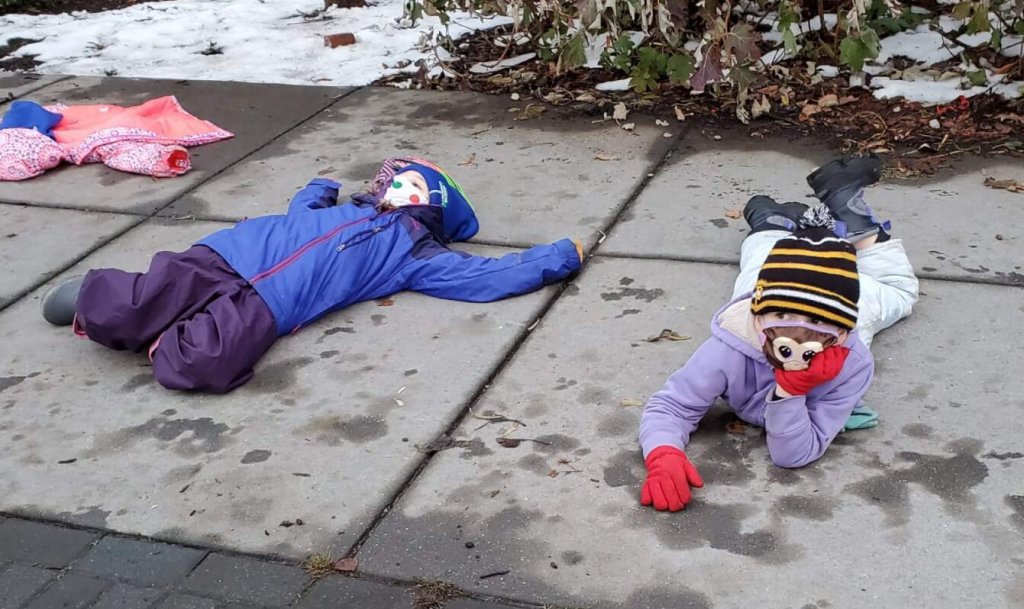
Together, we recalled our learning on which groups of people had autonomy in the Torah, all the way back when we learned about Bnot Zelophechad. We had learned how men had lots of power, but women, children and slaves had no power. With that in mind, we reflected on how Rivkah might not have had a lot of power in any situation, so she had to come up with alternate solutions. This framework left the Shorashim feeling much more sympathetic towards Rivkah and her situation.
We’re noticing that even while striving to protect our loved ones and help them get what they need, people still make mistakes. Choices that seem right to us might lead to more conflict and difficulties later on.
